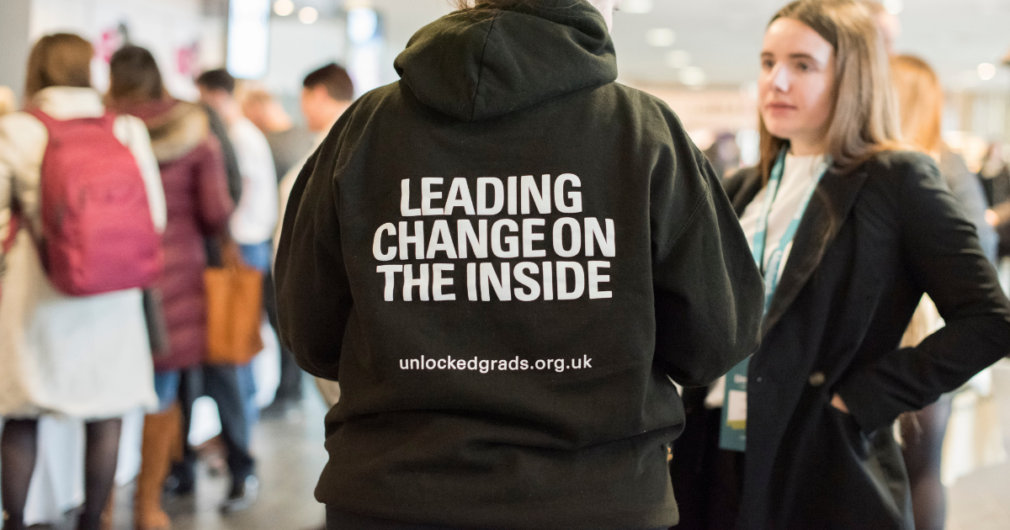The Yorker: Opportunities with Unlocked
The Yorker: Opportunities with Unlocked
Unlocked Brand Ambassador JJ recently published an article with The Yorker about opportunities on the Unlocked Graduates Leadership Development Programme:

“Ambitions to rehabilitate those within UK prison systems and transform their lives is a significant challenge in light of the high reoffending rates. Unlocked Graduates exists to break cycles of reoffending, with a particular focus on breaking the link between disadvantage and reoffending. The Unlocked Graduates Leadership Development Programme seeks to recruit, train and challenge outstanding graduates to lead on prisoner rehabilitation and make an impact on the frontline.
The latest statistics from The Prison Reform Trust show that 45% of all adults reoffend after serving their sentences. This statistic rises to 61% when considering individuals who serve short sentences (sentences less than 6 months). The cost of this each year is estimated to be £18.1 billion.
Unlocked Graduates, is working to provide a solution to the £18.1 billion dilemma of reoffending within the UK by ‘enacting change from the inside.’ They stress the importance of establishing good relationships between prison officers and prisoners. Hence, developing supportive relationships is an integral aspect of the leadership programme that Unlocked Graduates offers to their participants.”

“The Unlocked Graduates Leadership Development Programme supports participants throughout a two-year graduate scheme, by financing a Master’s in Applied Custodial Leadership and also funding personal projects led directly by Unlocked participants. One notable example of the opportunities provided by the project funding is the work of Unlocked Ambassador Niyi, who advocated for anti-racism across prisons nationally.
The work of organisations such as Unlocked Graduates can play an important role in implementing lasting change within prisons. Providing support to those individuals working in the prison system helps them to develop their leadership, mentorship, and employability skills, whilst also providing the necessary support for prisoners to transform their lives.”
Media contact: press@unlockedgrads.org.uk | 020 3905 1560